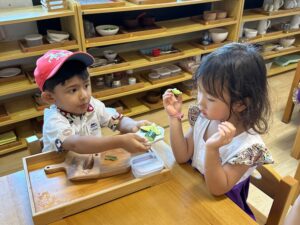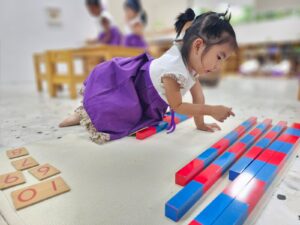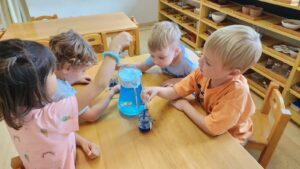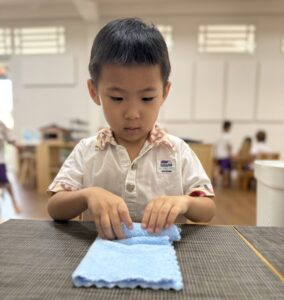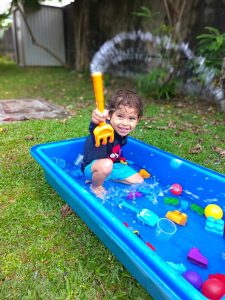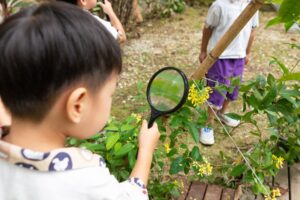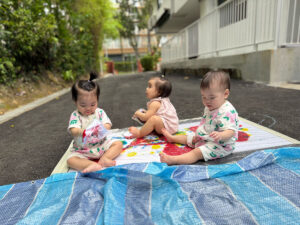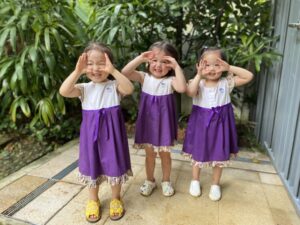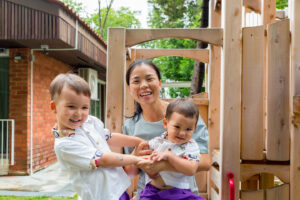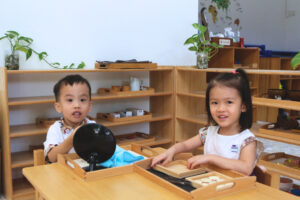
How to Build Confidence and Self-Esteem in Preschoolers
Confidence and self-esteem are foundational components of early childhood development. When children feel secure, they are more willing to explore their environment, engage with peers, and embrace challenges. Research in child development shows that early experiences of autonomy, success, and encouragement significantly shape a child’s self-concept—the way they view themselves as capable, competent, and valued. At House on the Hill, we understand that building confidence in preschoolers is not simply about praising achievements; it involves creating an environment where children are encouraged to try new things, make mistakes, and try again. A strong foundation of self-esteem nurtures resilience, emotional regulation, social confidence, and future academic motivation. By implementing a structured yet flexible approach, parents can help build self-esteem in preschoolers effectively during these formative years. The Benefits of Confidence in Early Childhood Children with well-developed confidence and self-esteem are more likely to: Approach new tasks with curiosity and determination Learn from mistakes rather than shy away from challenges Demonstrate initiative and problem-solving skills Develop a positive self-image and healthy peer relationships In essence, building confidence in early childhood lays the groundwork for both emotional well-being and cognitive growth. Strategies to Nurture Self-Confidence and Self-Esteem 1. Value Their Choices and OpinionsRecognising children as capable individuals by respecting their preferences and decisions reinforces a strong sense of self-worth. Allowing them to make age-appropriate choices fosters autonomy and encourages initiative, which are essential for building confidence in preschoolers. 2. Encourage Safe ExplorationProviding opportunities to try new activities, while offering guidance when necessary, encourages children to take calculated risks. Experiencing both success and failure helps cultivate resilience and reinforce their belief in their own abilities. 3. Create an Accessible and Engaging EnvironmentAn organised and thoughtfully prepared space allows children to engage with materials independently. Completing tasks on their own—from daily routines to creative projects—promotes pride in their achievements and intrinsic motivation. 4. Emphasise Effort Over OutcomeFocusing on persistence, creativity, and problem-solving, rather than just the result, fosters a growth mindset. Children learn to value their efforts and develop confidence in their ability to overcome challenges. 5. Promote Collaboration and Social EngagementFacilitating opportunities for children to collaborate with peers or assist one another nurtures social confidence. Through shared tasks, they learn how to support one another, developing empathy and communication skills. Practical Activities to Support Confidence Choice-Based Activities: Provide options for play or learning experiences, allowing children to make independent decisions. (Activities to build confidence in preschoolers) Practical Life Tasks: Encourage involvement in daily routines, such as tidying, pouring, or simple food preparation. (Self-concept activities for preschoolers) Storytelling and Role-Play: Invite children to narrate stories or act out scenarios, enhancing communication and self-expression. (Self-esteem activities for 3–5 year olds) Celebrating Effort: Acknowledge persistence, creativity, and problem-solving to reinforce intrinsic motivation. (Building self-esteem in preschoolers) Peer Collaboration: Engage children in shared tasks to strengthen teamwork and social confidence. (Self-concept activities for 3–5 year olds) Growing in Confidence One Day at a Time Building confidence and self-esteem in preschoolers requires a structured yet supportive approach that balances autonomy with guidance. By creating environments that promote decision making, safe exploration, and recognition of effort, parents and educators can help children develop resilience, independence, and a strong sense of self. At House on the Hill, our classrooms are designed to foster these qualities through carefully prepared learning spaces, thoughtful guidance, and hands-on activities. By supporting children in achieving small triumphs daily, we help them develop the confidence and self-assurance necessary for future growth, both academically and socially. Discover more about our mindful approach to early childhood development. Book a preschool tour and learn how we help children thrive inside and out.


